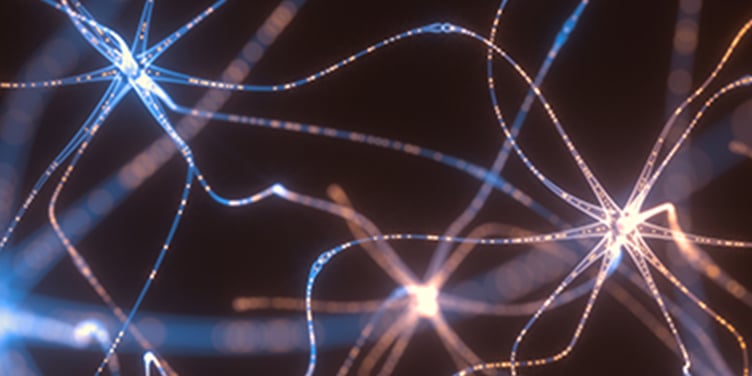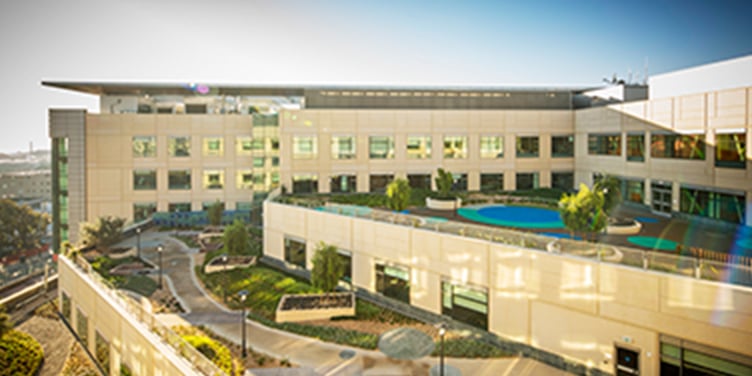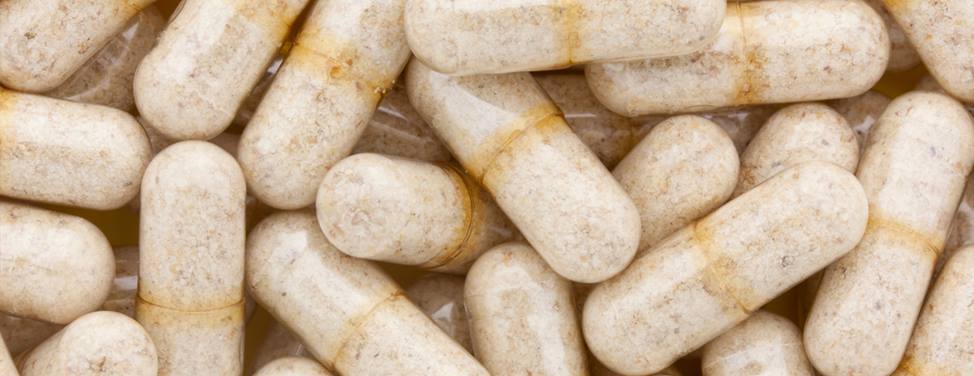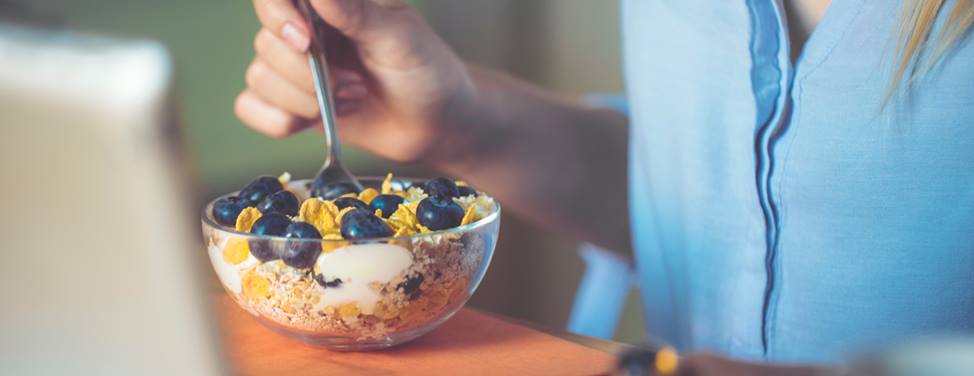Constipation

Overview
Constipation is the infrequent and difficult passage of stools. It is the most common digestive complaint in the United States, resulting in approximately two million doctor visits annually. Women, especially those who are pregnant, and adults aged 65 and older are most commonly affected. Virtually everyone experiences an occasional bout of constipation that resolves itself with dietary changes and time. Although uncomfortable, it is usually not dangerous. However, it can lead to other problems such as hemorrhoids or signal an underlying health condition.
Our approach to constipation
Most people can treat and prevent constipation with simple diet and lifestyle changes, such as increasing their fiber intake and getting enough exercise. For patients who continue to suffer from constipation, a doctor can help determine whether any medications they're taking may be contributing to the problem and whether they should consider other treatment options, such as laxatives.
Awards & recognition
-

Among the top hospitals in the nation
-

One of the nation's best in gastroenterology & GI surgery
Signs & symptoms
Although bowel movement frequency varies greatly for each person, if more than three days pass without a bowel movement, the contents in the intestines may harden, making it difficult or even painful to pass. Straining during bowel movements or the feeling of incomplete emptying also may be considered constipation.
Constipation is a symptom, not a disease, and can be caused by many factors. The most common are poor diet and lack of exercise. Other causes include irritable bowel syndrome, pregnancy, laxative abuse, travel, specific diseases, hormonal disturbances, loss of body salts and nerve damage. A variety of medications also can cause constipation, such as pain medications, especially narcotics, antacids that contain aluminum, antispasmodic drugs, antidepressant drugs, tranquilizers, iron supplements, anticonvulsants for epilepsy, antiparkinsonism drugs and antihypertensive calcium channel blockers.
Each individual may experience symptoms of constipation differently. However, some of the most common symptoms include:
- The inability to have a bowel movement for several days or passing hard, dry stools
- Abdominal bloating, cramps or pain
- Decreased appetite
- Lethargy
Diagnosis
Your doctor will ask about your medical history, perform a physical examination and order routine blood, urine and stool tests. Other diagnostic tests used to make a diagnosis of constipation include sigmoidoscopy and colonoscopy.
Sigmoidoscopy
For a sigmoidoscopy, the doctor uses a special instrument called a colonoscope, which is a long, flexible tube that is about as thick as your index finger and has a tiny video camera and light on the end, to exam your rectum and lower part of your colon. During the procedure, everything will be done to help you be as comfortable as possible. Your blood pressure, pulse and the oxygen level in your blood will be carefully monitored.
Your doctor will do a rectal exam with a gloved, lubricated finger; then the lubricated colonoscope will be gently inserted. As the scope is slowly and carefully passed, you may feel as if you need to move your bowels, and because air is introduced to help advance the scope, you may feel some cramping or fullness. Generally, however, there is little or no discomfort. Occasionally, some abdominal pressure, which may be provided by your nurse, or a change in position may be needed to avoid looping of the colonoscope within the abdomen. Your doctor will advance the scope until he or she has examined the left side of the colon. Afterwards, the scope is then carefully withdrawn while a thorough exam of the colon is performed. At this point in the exam, your doctor will use the colonoscope to look closely for any polyps or other problems that may require evaluation, diagnosis or treatment. The procedure typically takes between 10 and 15 minutes.
Colonoscopy
Colonoscopy is used to evaluate symptoms such as abdominal pain, bloody bowel movements, altered bowel habits such as constipation or diarrhea, and weight loss. This test is similar to sigmoidoscopy, but the doctor looks at the entire colon, rather than just the left side. The term "colonoscopy" means looking inside the colon. Colonoscopy is a procedure performed by a gastroenterologist, a well-trained specialized doctor.
Colonoscopy also is performed using a colonoscope, which is a long, flexible tube that is about as thick as your index finger and has a tiny video camera and light on the end, to exam your rectum and lower part of your colon. During the procedure, everything will be done to help you be as comfortable as possible. Your blood pressure, pulse and the oxygen level in your blood will be carefully monitored.
By adjusting the various controls on the colonoscope, the gastroenterologist can safely maneuver the instrument to carefully examine the inside lining of the colon from the anus to the cecum. The colonoscope contains a channel that allows instruments to be passed in order to take tissue or stool samples, remove polyps and provide other therapy. The high quality picture from the colonoscope, shown on a TV monitor, provides a clear, detailed view of the colon. It provides a more precise examination than X-ray studies.
Your doctor will do a rectal exam with a gloved, lubricated finger; then the lubricated colonoscope will be gently inserted. As the scope is slowly and carefully passed, you may feel as if you need to move your bowels, and because air is introduced to help advance the scope, you may feel some cramping or fullness. Generally, however, there is little or no discomfort. Occasionally, some abdominal pressure, which may be provided by your nurse, or a change in position may be needed to avoid looping of the colonoscope within the abdomen. Your doctor will advance the scope until he or she reaches the beginning of the colon, called the cecum. After reaching this point, the scope is then carefully withdrawn while a thorough exam of the colon is performed. At this point in the exam, your doctor will use the colonoscope to look closely for any polyps or other problems that may require evaluation, diagnosis or treatment. The procedure typically takes between 10 and 15 minutes.
Treatments
Treatment for constipation depends on the cause, severity and duration. However, in most cases, dietary and lifestyle changes will help relieve symptoms and prevent the condition altogether. A well-balanced diet that includes fiber-rich foods, such as unprocessed bran, whole-grain bread and fresh fruits and vegetables, is recommended. Ideally, you should consume 20 to 35 grams of fiber each day. In addition, drinking plenty of fluids and exercising regularly helps stimulate intestinal activity.
Although most people who are mildly constipated do not need laxatives and an overuse of laxatives can actually cause constipation, they may be recommended for those who are still suffering from the condition even after making diet and lifestyle changes. Your doctor is best qualified to determine when a laxative is needed and which type.
UCSF Health medical specialists have reviewed this information. It is for educational purposes only and is not intended to replace the advice of your doctor or other health care provider. We encourage you to discuss any questions or concerns you may have with your provider.












